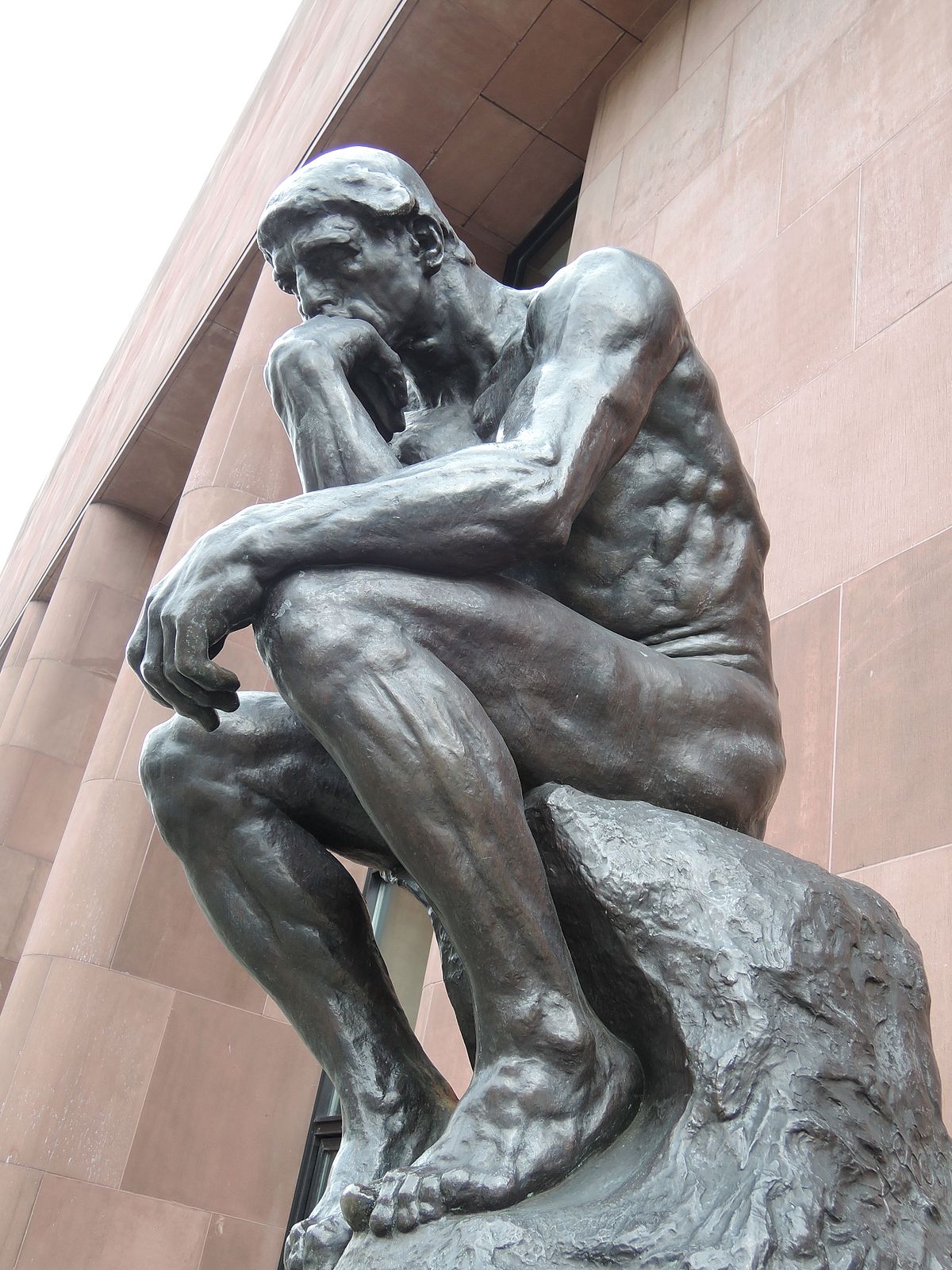
What is Philosophy?
Philosophy is the systematic study of general and fundamental questions concerning topics such as existence, reason, knowledge, value, mind, and language. It critically reflects on its methods and assumptions, aiming to answer questions that challenge the human condition.
History and Traditions
Philosophy emerged in Ancient Greece and has developed various traditions over the centuries. These include:
- Western Philosophy: Originating with the pre-Socratics, it encompasses Greek and Roman thought, medieval scholasticism, Renaissance humanism, and modern and contemporary philosophy.
- Arabic-Persian Philosophy: Influenced by ancient Greek ideas, it flourished in the Islamic Golden Age, examining the relationship between reason and revelation.
- Indian Philosophy: Integrates spiritual and philosophical inquiry, exploring the nature of reality, knowledge, and enlightenment.
- Chinese Philosophy: Focuses on practical issues related to ethics, social conduct, and self-cultivation.
Core Branches of Philosophy
Philosophy is divided into core branches:
- Epistemology: Studies knowledge, its acquisition, and its limits.
- Ethics: Examines moral principles and conduct, including normative theories like consequentialism and virtue ethics.
- Logic: Investigates the structure and validity of arguments, distinguishing between correct and incorrect reasoning.
- Metaphysics: Examines the most fundamental features of reality, such as existence, objects, and causation.
Other Major Branches
In addition to the core branches, philosophy encompasses numerous other subfields:
- Aesthetics: Studies beauty and aesthetic experiences.
- Philosophy of Language: Analyzes the nature and function of language.
- Philosophy of Mind: Examines mental phenomena and their relation to the physical world.
- Philosophy of Religion: Explores the concepts, arguments, and implications of religious beliefs.
- Philosophy of Science: Investigates the methods and assumptions of science.
- Political Philosophy: Examines the principles and ideas governing political systems and societies.
Methods of Philosophy
Philosophers use various methods to arrive at philosophical knowledge:
- Conceptual Analysis: Examines the meaning of concepts.
- Common Sense: Draws on everyday beliefs to critique philosophical theories.
- Intuitions: Non-inferential impressions about the correctness of claims.
- Thought Experiments: Counterfactual reasoning to evaluate possible consequences.
- Reflective Equilibrium: Balancing intuitions with beliefs to achieve a coherent position.
- Pragmatism: Emphasizes the practical consequences of philosophical theories.
- Phenomenology: Suspends theoretical assumptions to describe experiences unbiasedly.
- Methodological Naturalism: Places importance on empirical approaches and scientific theories.
Relationship to Other Fields
Philosophy is closely connected to other fields:
- Natural Sciences: Contributes to their foundations and investigates scientific methods.
- Law: Informs ethical decision-making, legal reasoning, and the concept of evidence.
- Medicine: Assists in addressing bioethical issues related to life and death.
- Business: Provides ethical frameworks for business practices and corporate responsibility.
- Journalism: Emphasizes truth and objectivity in reporting.
- Arts: Influences interpretations, aesthetics, and artistic expression.